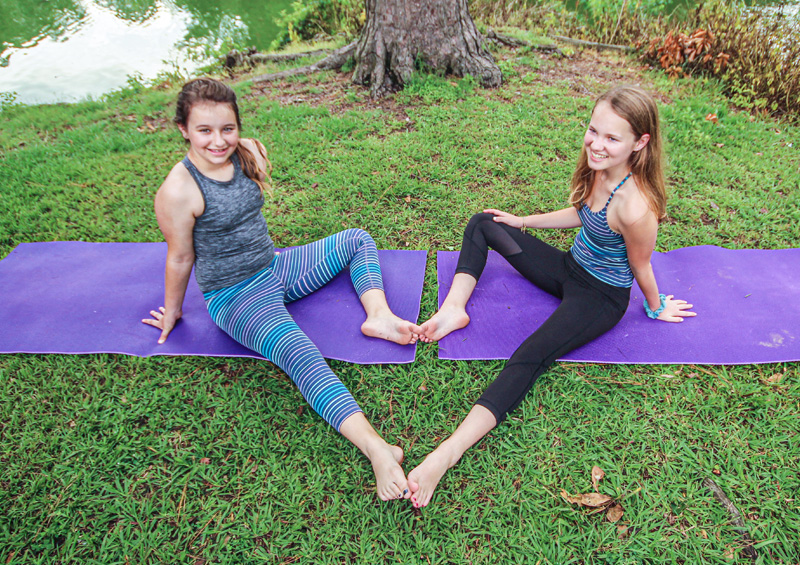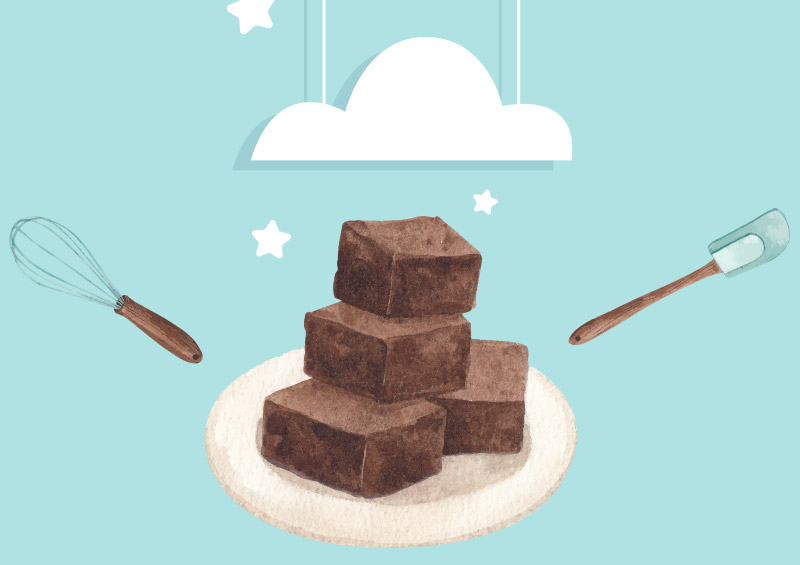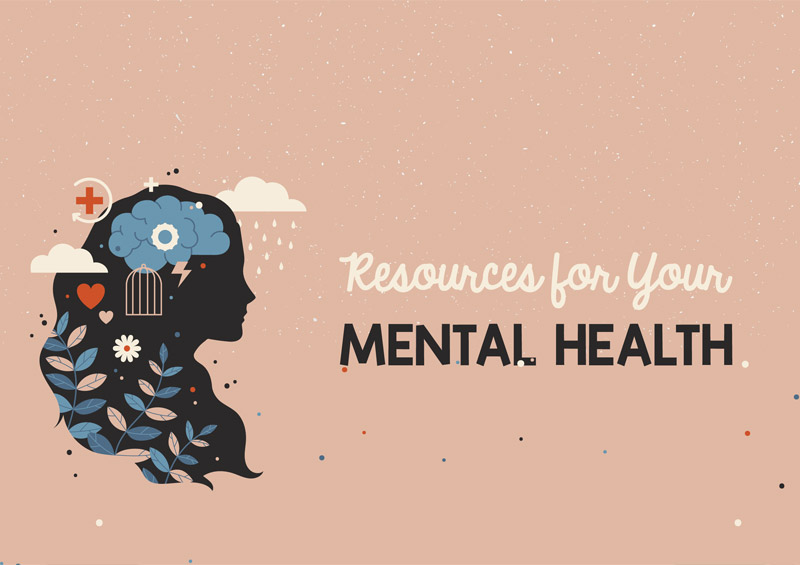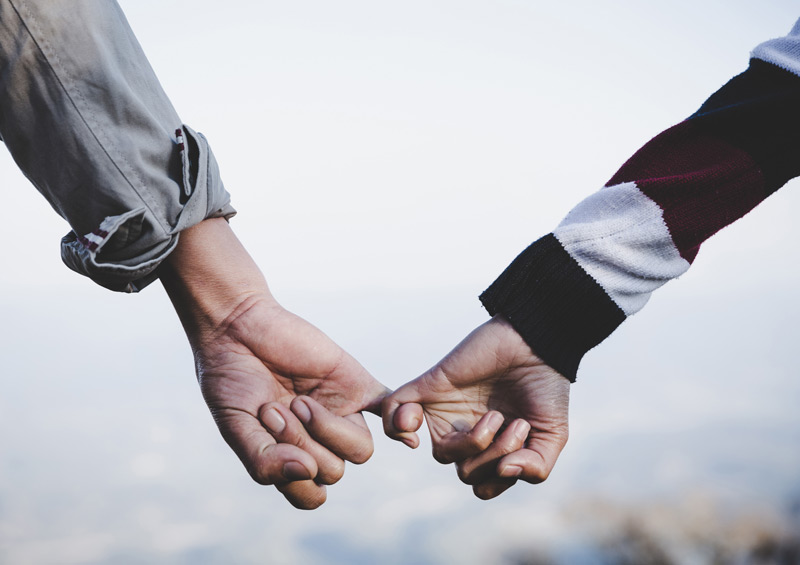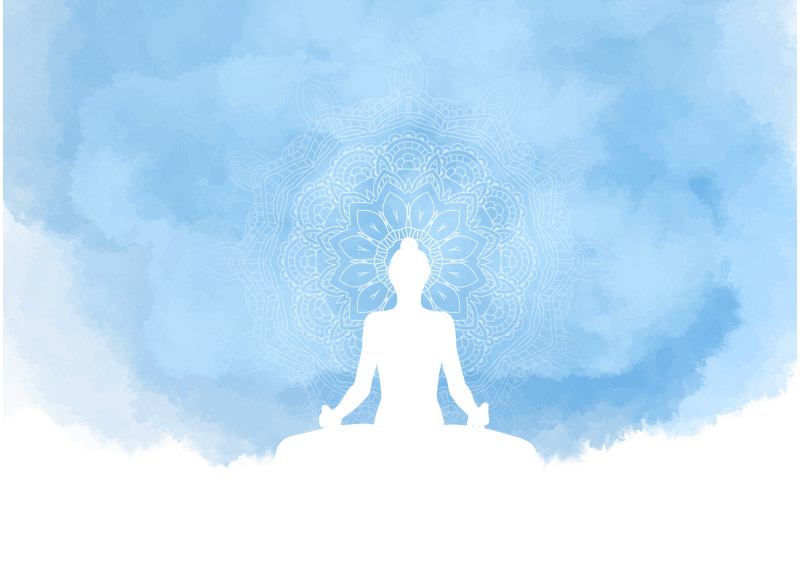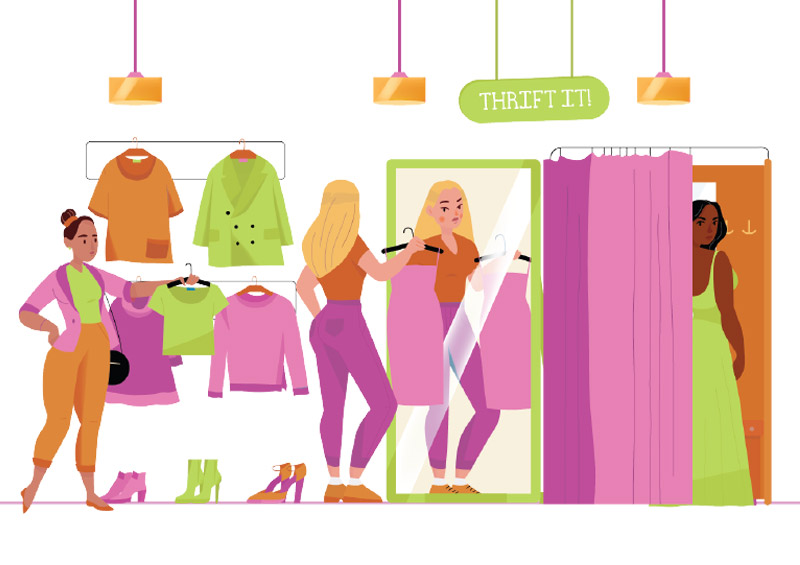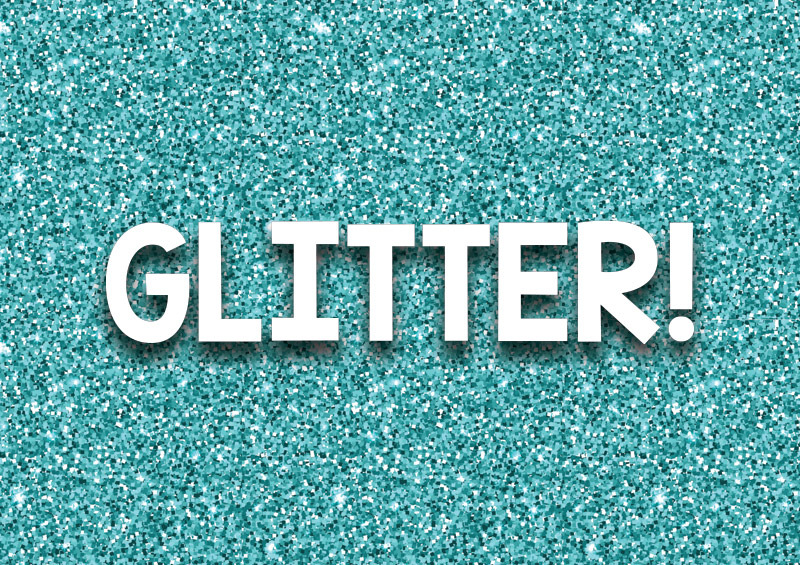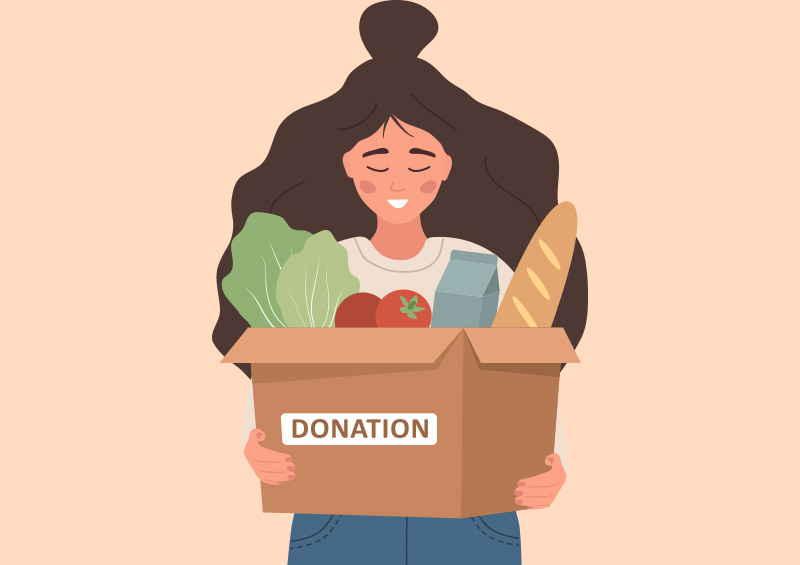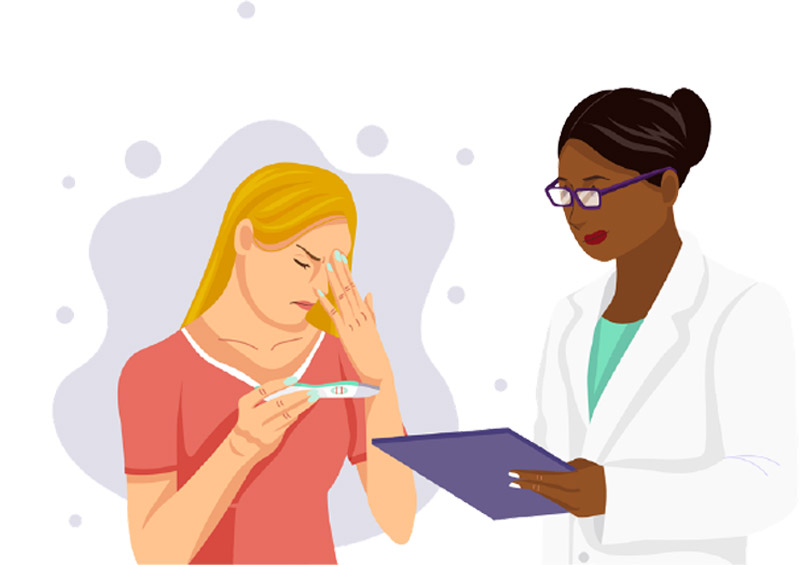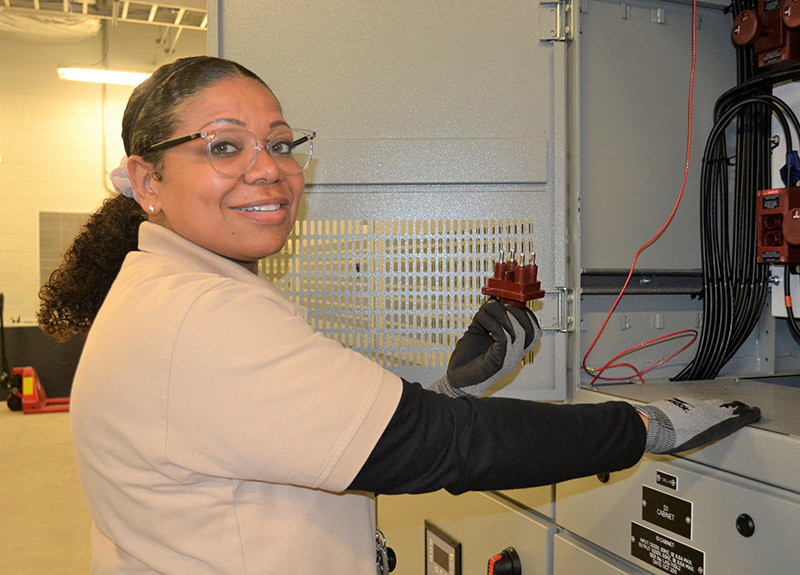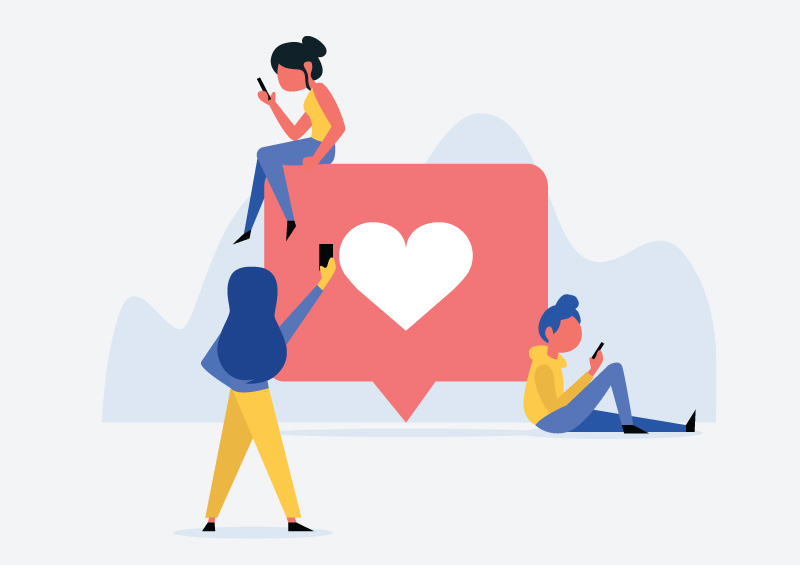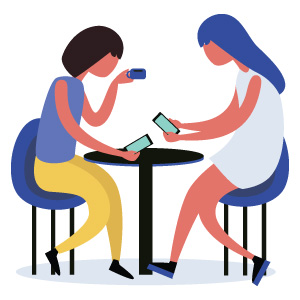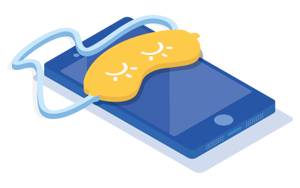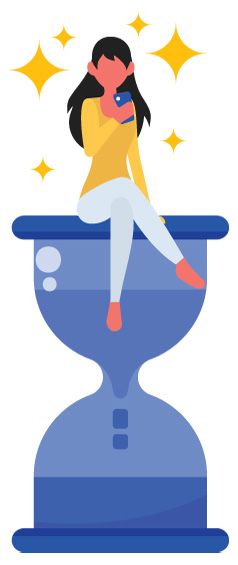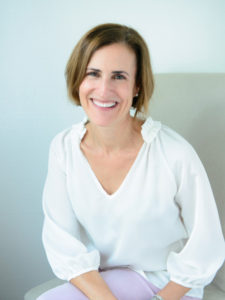Pause before you post!
It can be hard to remember that our presence online is an extension of who we are in real life. It is WAY too easy to post something. It is so much more difficult to deal with the consequences of what you have posted. When you are feeling sad or angry—or really any strong emotion—a good rule of thumb is to wait before you post. Take a breath and do one or more of the following:
-
Give yourself at least an hour to think about what you want to post (remember, your post is not an emergency!)
-
Say what you are thinking of posting out loud to yourself or someone else
-
Ask yourself if you would say what you are posting in person (spoiler alert: the answer is often no)—you might also ask why you aren’t saying it face-to-face
-
Consider how it would feel to read the post if you were the person or group it was directed toward
Remember: when you release photos and/or information into the cybersphere via text, instant message, over Snapchat, on Insta and so on, that information is anyone’s to do whatever they wish with it. If you don’t want your boyfriend’s buddies, your mom, dad, uncle, teacher, etc. to see that photo, it’s best not to put it out there.




